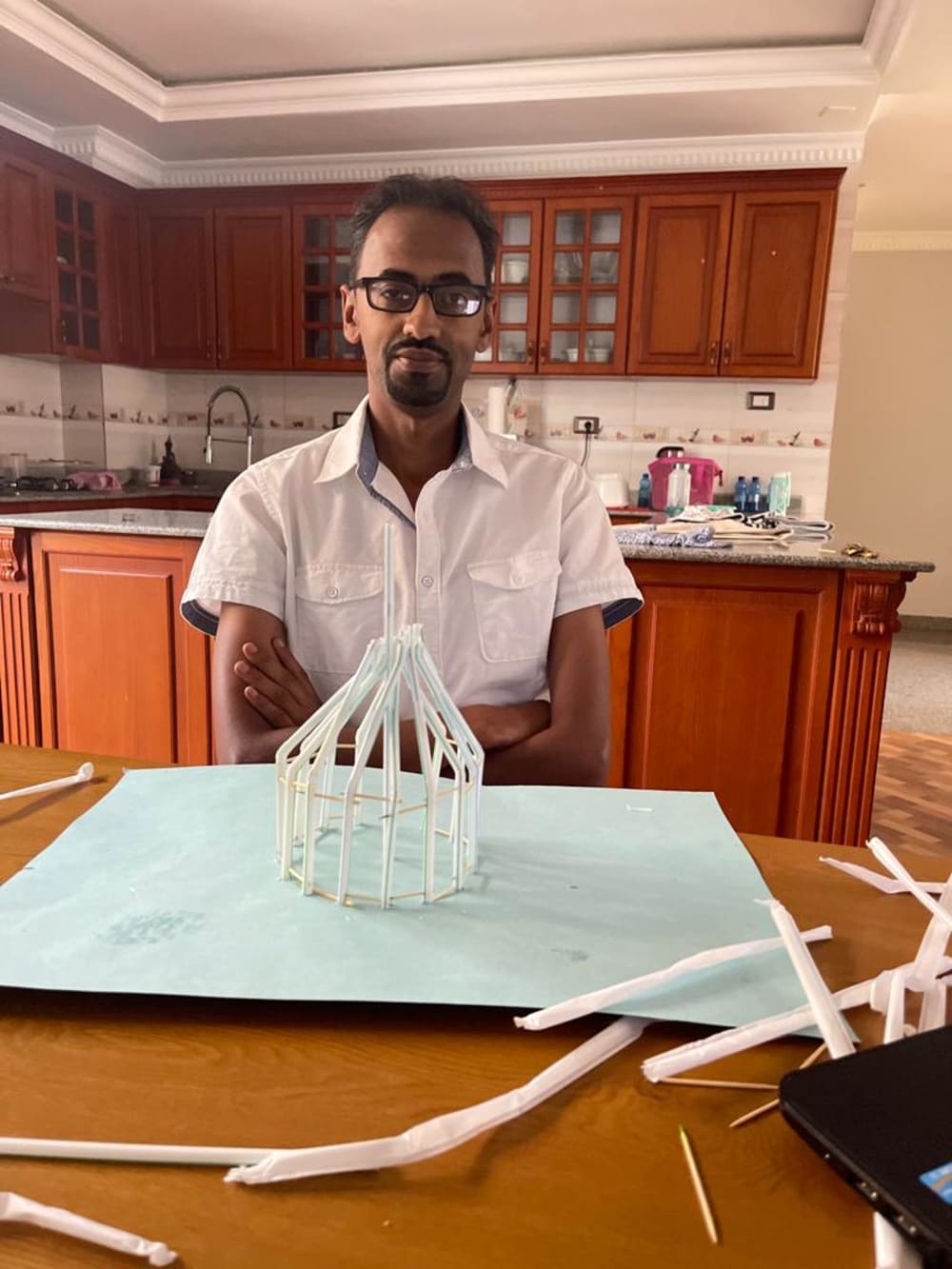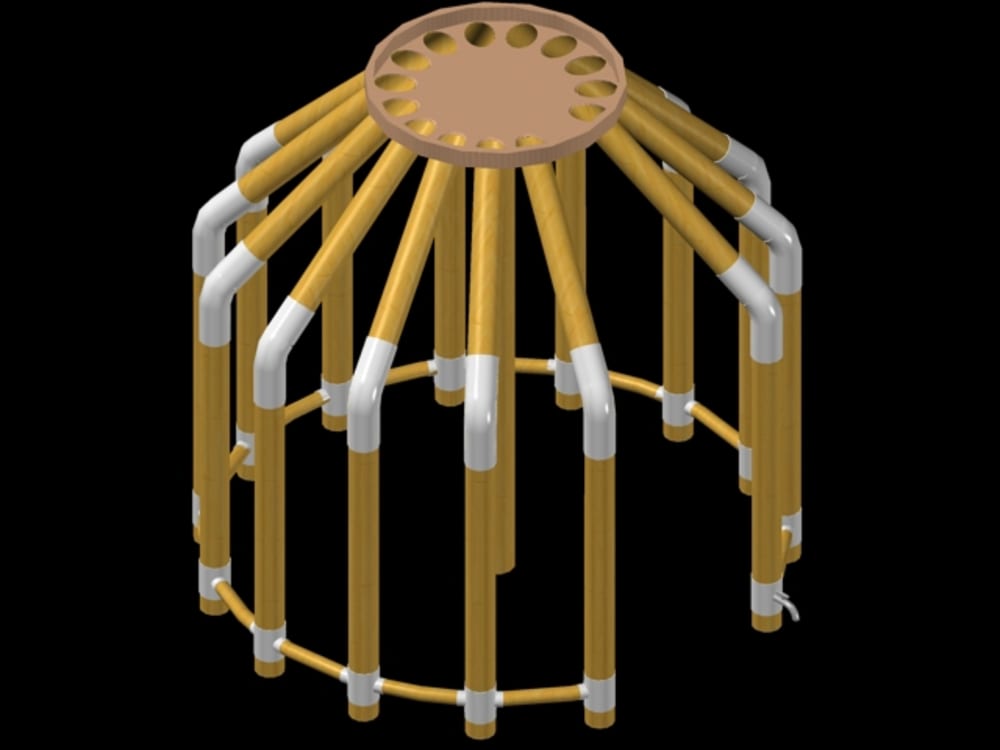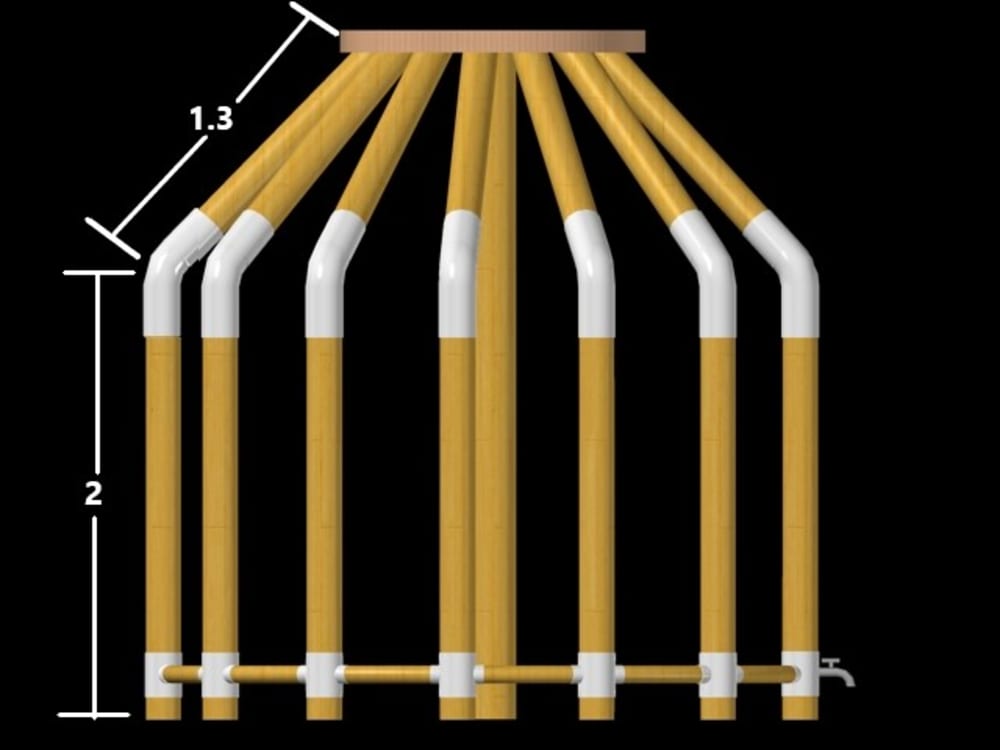
The main societies that are affected the most from water shortage are the rural areas. Supplying water to rural areas especially for developing countries is a very challenging task because the limitation is the cost affordability for construction, repair and running expenses. So many developing countries have alternatives like building wells which are a quick fix rather than being a sustainable solution and the cost is very high. Because of this people living in rural areas in the developing world have access to water in rainy seasons but even then there is no low cost rain water collection system that enables them at least to take advantage by storing the water for long term personal use. Rain collection and storage require decent investment at the current technological alternatives. For one you need to purchase either a large water tank or build ground water storage by digging the ground and build proper water sealing system like swimming pools which is not feasible in terms of cost.
This project is about building a new kind of rural home aka Gojo in local terms that also acts as a rain water collector and storage with a very low cost with small modification from the current design of rural area homes. Because of low construction cost, design simplicity and tradition most rural homes build a house called Gojo which is seen in the figure 1. These traditional homes are built by using one large center column and encircled multiple columns acting as a framework and cover it with dried “grass” at the top and mud at its sides. The columns are built either from wood or bamboo. The core idea of this project is about making the encircled multiple columns act as a rain water storage pipe framework and modify the roof of the home to act as rain water collector. As seen in the figures rain water is collected by using the structure on the roof and since each encircled column pipes are connected to the roof rain water will be directed to lower level in their inner areas. Each encircled column pipes are connected with each other with fittings so that water travel evenly on all areas of the encircled column pipes. At the lower level there is a faucet valve to be used for utilization of the collected rain water. Each encircled column pipe also has a tap to seal the opening at the lower end.
This rain water storage mechanism will increase the safety of the house for high winds because it adds more weight that can overcome wind pressure. It is very important for fire accidents because if the structure of the house is compromised from the fire, the water will act as immediate fire extinguisher. At current design of the modified Gojo for one client, it is estimated to store about 3,000 liters of rain water at full capacity which is very good amount.
Media publication - https://hackaday.com/2022/01/24/rainwater-storing-gojo-is-a-stroke-of-genius/
-
Awards
-
 2022 Top 100 Entries
2022 Top 100 Entries
Like this entry?
-
About the Entrant
- Name:Anteneh Gashaw
- Type of entry:individual
- Software used for this entry:Autocad
- Patent status:pending








